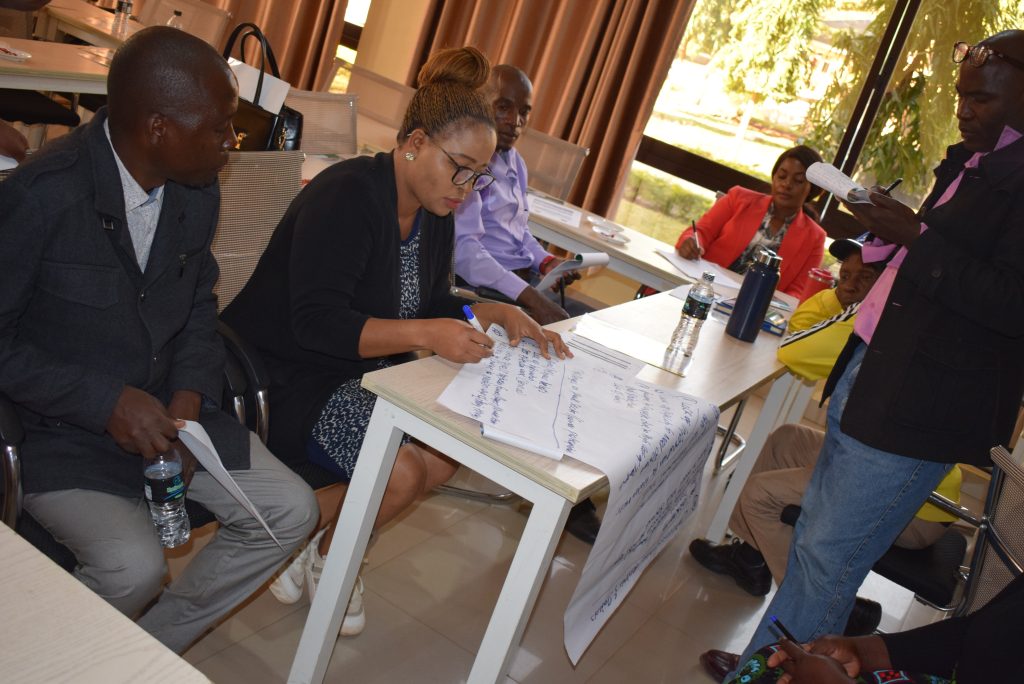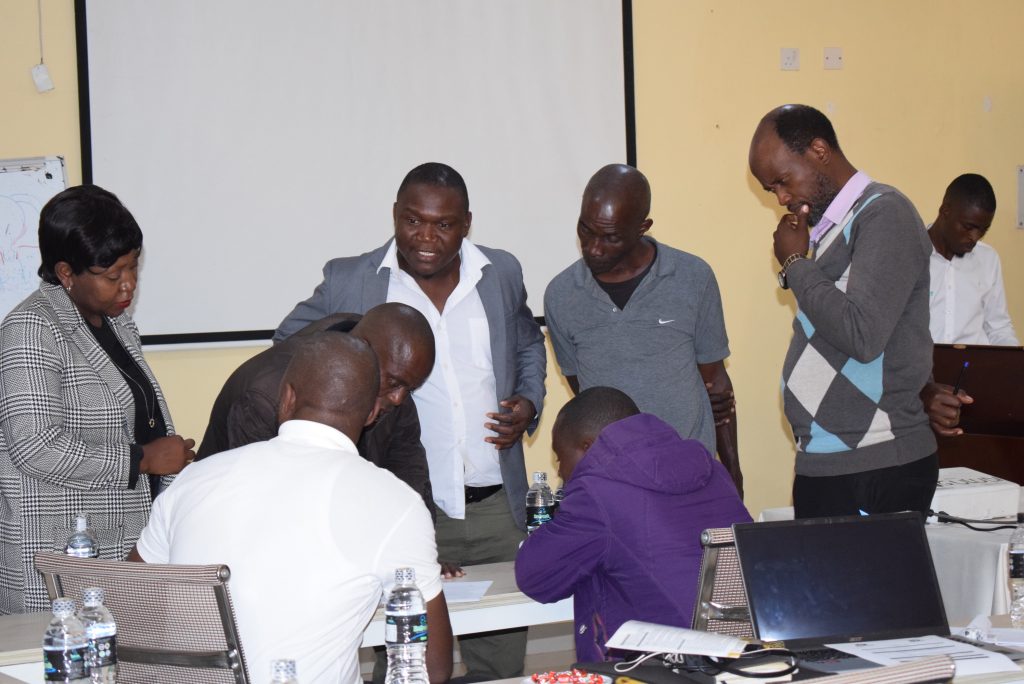The Civil Society Agriculture Network (CISANET), with financial support from Oxfam Malawi, recently convened a stakeholder dialogue on trade policies and access to profitable markets for smallholder farmers. The meeting brought together key stakeholders from the trade industry, the Ministry of Gender, and other actors in the agriculture sector to explore and discuss key challenges that hinder farmers’ access to reliable markets, both at the domestic and international levels.
The dialogue provided a platform for advancing collaboration between civil society and district councils to improve smallholder farmers’ access to markets, facilitating direct engagement with farmers, and enhancing their awareness on trade policies and regulations in the agricultural sector. Participants highlighted several challenges, including inadequate road infrastructure, unstructured markets, limited access to market information, and poor policy implementation, which collectively constrain farmers’ ability to access reliable markets and maximize their earnings.
The Malawi Investment and Trade Centre presented an overview of the export trade process, highlighting the trade opportunities available to Malawi and the procedures for accessing international markets. This presentation enabled farmers and cooperatives to gain a deeper understanding of the potential benefits of export trade in boosting the country’s economy and accelerating social and economic development.


Additionally, ACE Africa Malawi emphasized the importance of promoting post-harvest management practices to minimize losses and preserve the quality of agricultural produce. Farmers and cooperatives were encouraged to adopt the best practices in post-harvest handling and storage, including the use of certified warehouses, to reduce losses and improve the quality of their produce.
The meeting concluded by emphasizing the need for enhanced coordination and collaboration among stakeholders to address the challenges facing smallholder farmers. Key recommendations included aligning national trade policies with regional trade policies, increasing the capacity of district councils to provide accurate market information, and strengthening cooperatives to facilitate their access to local and international markets. By implementing these recommendations, stakeholders can work together to improve the livelihoods of smallholder farmers and promote the development of the agricultural sector.
The outcome of this dialogue will be used in the development of an issue paper that will help us implement our policy advocacy efforts.
